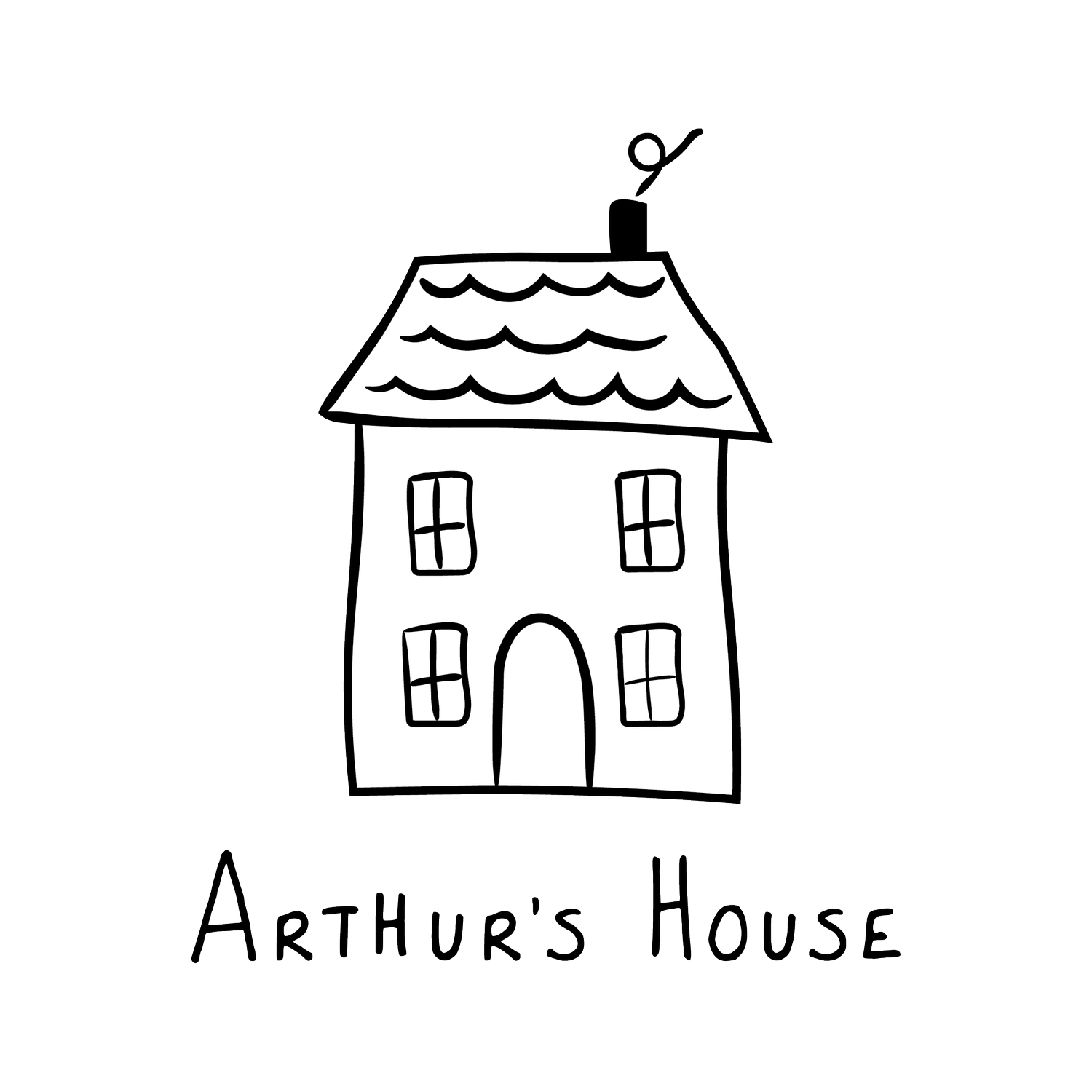Navigating the 2025 Employer Tax Changes: What Nanny Employers Need to Know
For families who employ nannies, staying informed about employer tax obligations is essential for compliance and financial planning. The UK government's recent changes to employer taxes, which came into effect in April 2025, have several important implications for household employers. This guide will help you understand these changes and how they affect your responsibilities as a nanny employer.
Key Changes to Employer National Insurance Contributions
The most significant change for nanny employers is the adjustment to Employer National Insurance Contribution (NICs) thresholds announced in the Chancellor's Autumn Statement of 2024. Here's what you need to know:
Increased Secondary Threshold: The threshold at which employers begin paying NICs has been raised by 3.8% from £9,100 to £9,440 annually. This means you'll start paying employer NICs when your nanny's salary exceeds this new threshold.
Rate Adjustments: The standard rate for employer NICs remains at 13.8% for earnings above the secondary threshold.
Employment Allowance Changes: The Employment Allowance has been adjusted to £5,500 per year, which can significantly reduce or eliminate your NICs bill if you're eligible.
Who Qualifies for Employment Allowance?
Many nanny employers aren't aware they may qualify for the Employment Allowance, which can substantially reduce tax obligations. You may be eligible if:
Your total Class 1 National Insurance liability was less than £100,000 in the previous tax year
You employ your nanny for household work (not business purposes)
The nanny is your only employee or one of very few household employees
Note that you cannot claim the allowance if the nanny is employed for personal, household, or domestic work AND is also a family member living in your home.
Updated Minimum Wage Implications
Alongside tax changes, the National Living Wage and National Minimum Wage rates increased in April 2025. These increases directly impact employer tax obligations:
National Living Wage (23+): Increased to £12.10 per hour
21-22 Year Olds: £11.40 per hour
18-20 Year Olds: £8.70 per hour
Under 18 & Apprentices: £6.40 per hour
With these wage increases, more nanny employers may find themselves crossing the secondary threshold for NICs, even if they weren't liable for these contributions previously.
Auto-Enrolment Pension Requirements
The tax changes come alongside updates to auto-enrolment pension obligations:
Earnings Trigger: The annual earnings threshold requiring automatic pension enrolment remains at £10,000
Minimum Contributions: Employer minimum contributions remain at 3% of qualifying earnings
Qualifying Earnings Band: This has been adjusted to £6,240 to £50,270
Practical Steps for Nanny Employers
To ensure you're complying with the new tax regulations while managing costs effectively:
Review Your Nanny's Pay: Assess whether the new minimum wage rates and NIC thresholds affect your tax obligations
Check Employment Allowance Eligibility: If you haven't claimed this before, verify if you qualify as it could save you up to £5,500
Update Your Payroll System: Ensure your payroll calculations reflect the new thresholds and rates
Budget Accordingly: Factor these changes into your household budget for the 2025-26 tax year
Consider Getting Help: Nanny payroll services can manage these calculations and ensure compliance
When to Seek Professional Advice
While many families manage their nanny's payroll independently, these tax changes might make professional support more valuable. Consider consulting with a payroll service specializing in domestic employment if:
Your nanny's earnings are near or just above the various thresholds
You're unsure about your Employment Allowance eligibility
You need to restructure your nanny's compensation package in response to these changes
The Bottom Line
The 2025 employer tax changes represent a modest adjustment to existing frameworks rather than a complete overhaul. However, even small changes can have meaningful impacts on family budgets. By staying informed and planning accordingly, you can fulfil your obligations as an employer while managing household expenses effectively.
Remember that complying with tax regulations isn't just about avoiding penalties—it also protects both you and your nanny by ensuring proper contributions to National Insurance, which affects future benefits eligibility including state pension and maternity pay.
For the most current information and personalised advice, consider consulting with a domestic employment specialist or visiting the official HMRC website.
